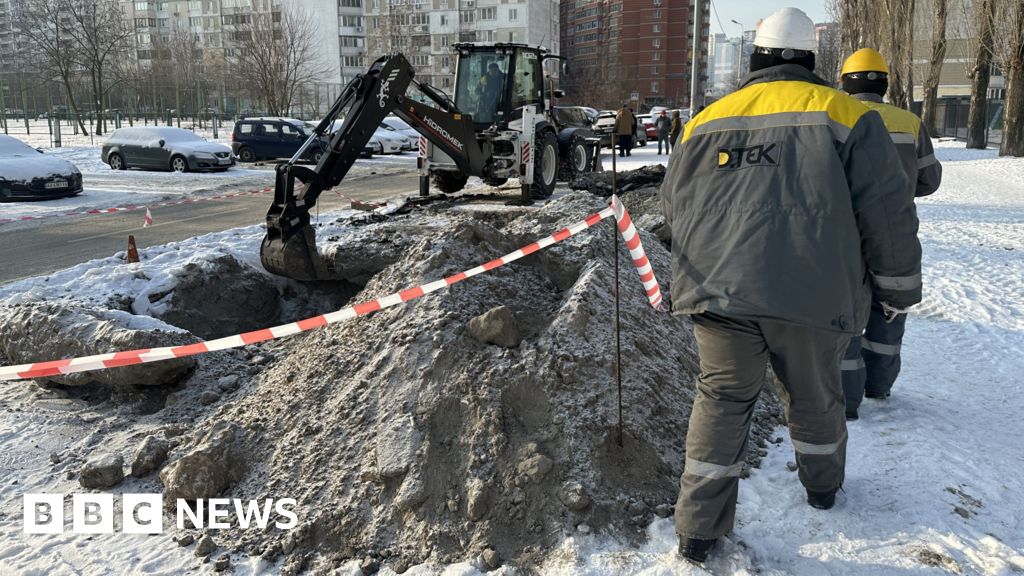KUALA LUMPUR, Malaysia, November 26 (IPS) - Although inequality among countries still accounts for a far greater share of income inequality worldwide than national-level inequalities, discussions of inequality continue to focus on the latter.
 Jomo Kwame Sundaram
Jomo Kwame Sundaram
The G20 Extraordinary Committee of Independent Experts on Global Inequality, chaired by Nobel laureate Joseph Stiglitz, was commissioned by South Africa’s 2025 presidency of the G20, the group of the world’s twenty largest national economies.
South Africa (SA) and Brazil, the previous G20 host, have long had the world’s highest national-level inequalities. However, their current governments have led progressive initiatives for the Global South.
Although due to take over the G20 presidency next year, US President Trump refused to participate in this year’s summit, inter alia, because of alleged SA oppression of its White minority.
Inequality growing faster
The G20 report utilises various measures to show the widening gap between the rich and the poor.
National-level inequality is widespread: 83% of countries, with 90% of the world’s population, have high Gini coefficients of income inequality above 40%.
While income inequality worldwide is very high, with a Gini coefficient of 61%, it has declined slightly since 2000, primarily due to China’s economic growth.
Meanwhile, wealth concentration has continued. Wealth inequality is even greater than income inequality, with the richest 10% owning 74% of the world’s assets.
The average wealth of the richest 1% grew by $1.3 million from 2000, accounting for 41% of new wealth by 2024! Private wealth has risen sharply since 2000, while public assets have declined.
Besides income and wealth, the report reviews other inequalities, including health, education, employment, housing, environmental vulnerability, and even political voice.
Such inequalities, involving class, gender, ethnicity, and geography, often ‘intersect’. The promise of equal opportunity is rarely meaningful, as most enjoy limited social mobility options.
The report thus serves as the most comprehensive and accessible review of various dimensions of economic inequality available.
Harmful effects
The G20 report condemns ‘extreme inequality’ for its adverse economic, political, and social consequences.
Inadequate income typically means hunger, poor nutrition and healthcare. Economies underperform, unable to realise their actual potential.
Inequality, including power imbalances, influences resource allocation. Such disparities enhance the incomes of the rich, often at the expense of working people.
Natural resources typically enrich owners while undermining environmental sustainability and social well-being.
The report argues that economic inequality inevitably involves political disparities, as the rich are better able to buy influence.
New rules and policies favour the rich and powerful, increasing inequalities and undermining national and worldwide economic performance.
High inequality, due to rules favouring the wealthy, also undermines public trust in institutions. The declining influence of the middle class threatens both economic and political stability, especially in the West.
Drivers of inequality
The report argues that public policy can address inequalities by influencing how market incomes are initially distributed and how taxes and transfers redistribute them.
Market income distribution is determined by asset distribution (mediated by finance, skills, and social networks) and among labour, capital, and rents. Returns to shareholders are prioritised over other claims.
Increased inequality in recent decades is attributed to weakened equalising policies, or ‘equilibrating forces’, and stronger ‘disequilibrating forces’, including wealth inheritance.
New economic policies over recent decades have favoured the wealthy by weakening labour via market deregulation and restricting trade unions.
Tax systems have become less progressive with the shift from direct to indirect taxes, lowering taxes paid by large corporations and the wealthy. Fiscal austerity has exacerbated the situation, especially for the vulnerable.
Financial deregulation has also generated more instability, triggering crises, with ‘resolution’ usually favouring the influential.
Privatisation of public services has also favoured the well-connected, at the expense of the public, consumers, and labour.
International governance
International economic and legal institutions have also shaped inequality.
More international trade and capital mobility have lowered wages, increased income disparities and job insecurity, and weakened workers’ bargaining power.
Liberalising financial flows has favoured wealthy creditors over debtors, worsening financial volatility and sovereign debt crises.
International inequalities have adverse cross-border effects, especially for the environment and public health. Overconsumption and higher greenhouse gas emissions by the rich significantly worsen planetary heating.
International health inequalities have been worsened by stronger transnational intellectual property rights and increased profits at the expense of poorer countries.
International tax agreements have enabled the wealthy, including transnational corporations, to pay less than those less fortunate. Meanwhile, Oxfam reported that the top one per cent in the Global North drained the South at a rate of $30 million per hour.
Inaction despite consensus?
The report claims a new analytical consensus that inequality is detrimental to economic progress, and reducing inequality is better for the economy.
Inequality is attributed to policy choices reflecting moral choices and economic trade-offs. It argues that combating inequality is both desirable and feasible.
Recent research from the International Monetary Fund (IMF) and the Organisation for Economic Co-operation and Development (OECD) has criticised growing national inequalities.
However, there is no evidence of serious efforts by the G20, IMF, and OECD to reduce inequalities, especially inter-country, particularly between North and South.
IPS UN Bureau
© Inter Press Service (20251126053232) — All Rights Reserved. Original source: Inter Press Service

 1 month ago
12
1 month ago
12










 English (US) ·
English (US) ·